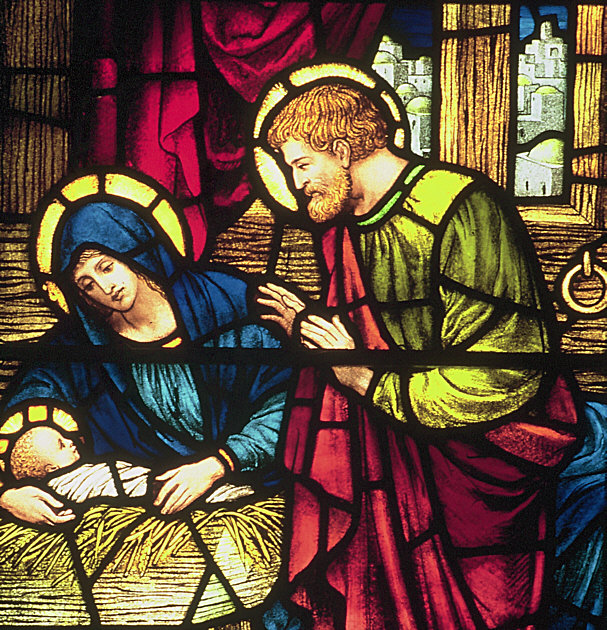That said, let us start our academic dissection forthright at what generally deems the very beginning of the overall Gospel story. Uniformly undisputed, any theologian or Bible reader otherwise could easily highlight among the texts' early events a precise, obvious-handed exception, what is in fact Christianity's perhaps most epic scene for which its standby believers must all allowably glorify; the ONE paramount incident above all else which serves singular as the definite source that starts it all "biographically speaking" (pre-supposedly, anyway, as in limelight of a given accurate juxtapose or comparison, drawn there is only but a straight line of glaring inconsistence within the full Gospel text): at the beginning thus, when, so each Gospel basically promulgates, an angel from Heaven suddenly appears before Mary, a young maiden, in the middle of the night to notify her that the son of God grows inside her womb (Luke 1:26-56). Worthily noted, though the different Gospels basically imply her unwed state, only two of the four clarify that Mary was a virgin no less; see, supernaturally instead, yes, pretty universally the Christian doctrine claims God actually impregnated Mary with the future Messiah miraculously (Matthew 1:18-25; Luke 1:26-38). [Noteworthy enough, though, this precise god according to Christians' "Holy Trinity" doctrine (later detailed) is however - while he himself, self-coined "Father" and the fully omnipotent deity - also as well mutually existent in humanhood form, as the live incarnation of Jesus Christ precisely; yet despite the said unison (which is thirded by the "Holy Spirit" as well), God the "Father" inexplicably refers to Jesus, his supposed human form, in third-person as His own "Son"/predestined messiah, the topic of whom we discuss.] As events would follow, Mary's pregnancy made her appear to have lost her virginity prior to marriage, an offense which could have had her ostracized. Ultimately in need of a refuge, this problematic situation leads Mary and her much older fiancée, Joseph (who would indeed go on to marry her and act as Jesus' father on Earth), to his hometown of Bethlehem. Then, in the poor conditions of, incredibly, a stable, Mary accordingly gave birth to Jesus Christ, the very figure who Christians would eventually hail the Messiah and "son of God" (Luke 2:1-20
"Mary, Joseph, and the Early Years of Jesus: a Romanticized Tale of an Abusing God's Compassionless Neglect"
By Jordan "BluntJoey" Adorno


